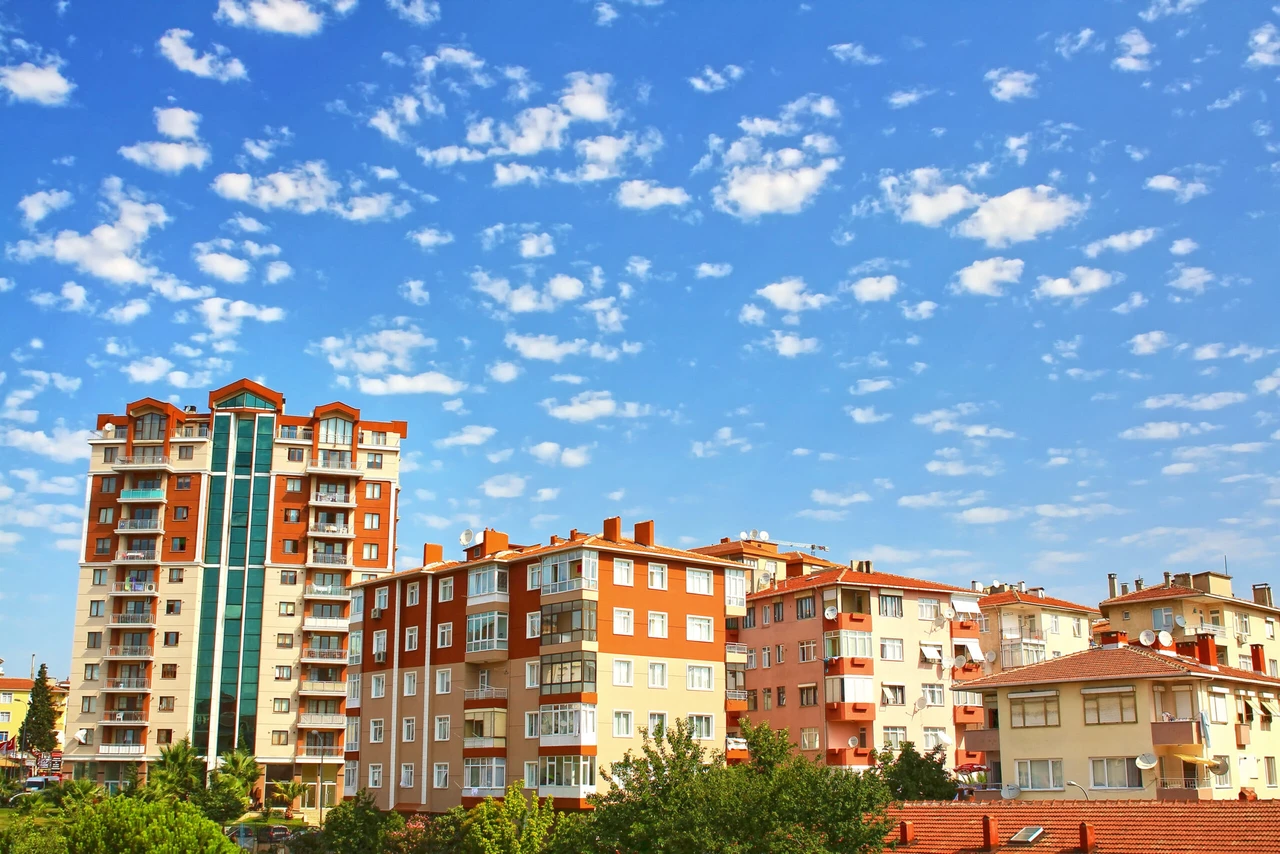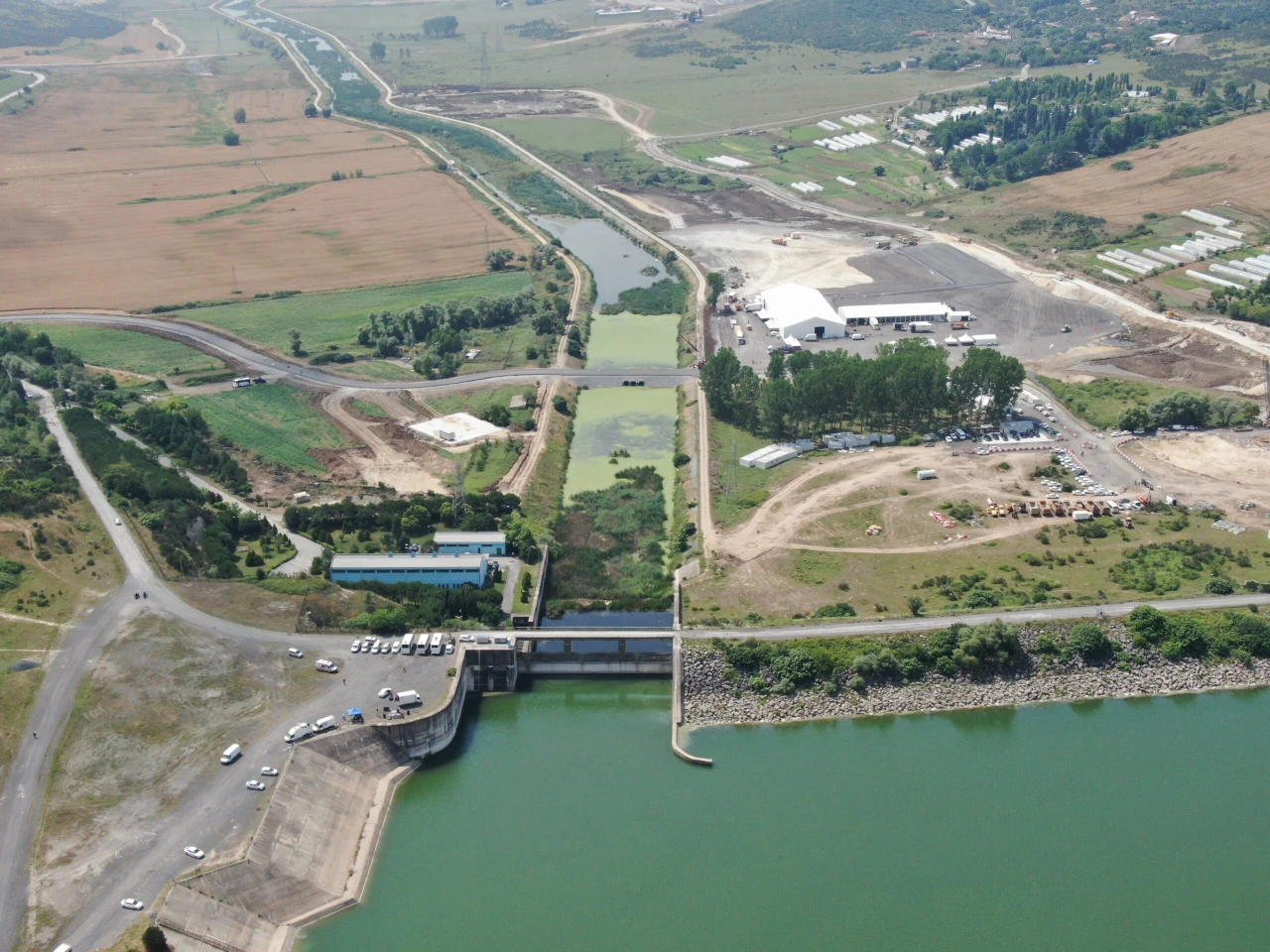Deep dive into Türkiye’s strategic role in global raw materials supply chain
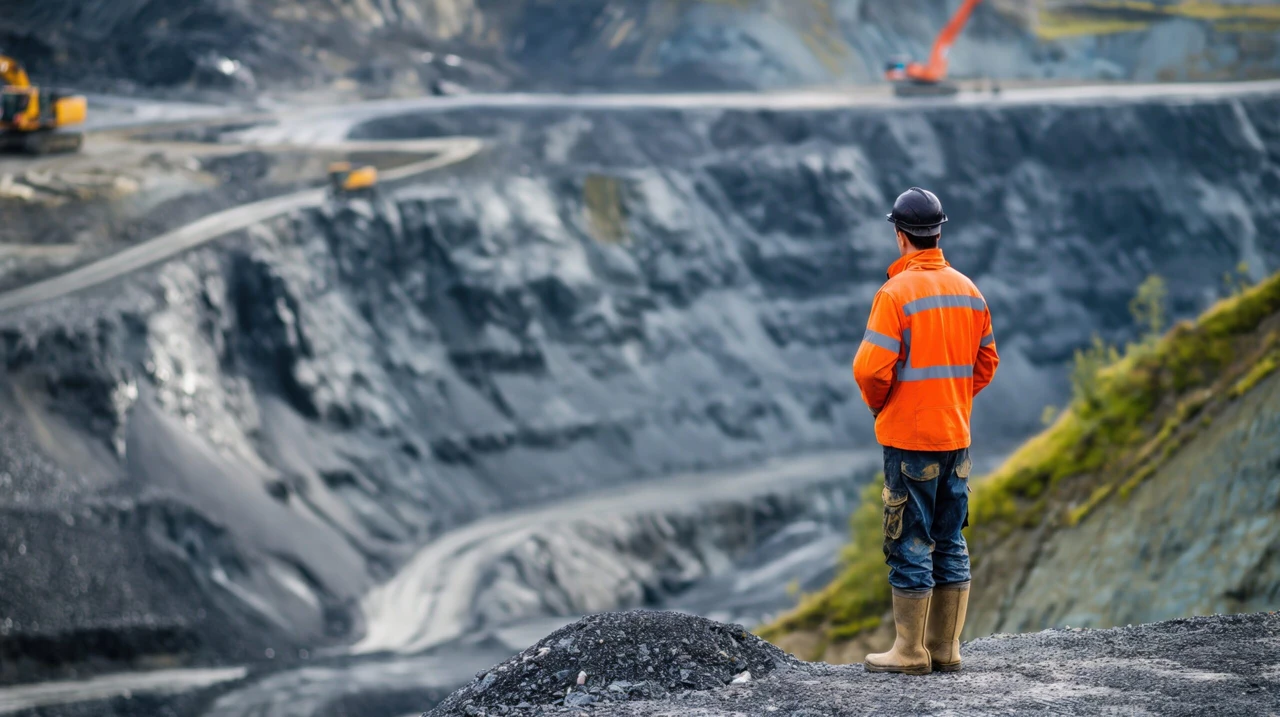 Türkiye’s strategic role in the global raw materials supply chain. (Adobe Stock Photo)
Türkiye’s strategic role in the global raw materials supply chain. (Adobe Stock Photo)
The global economy increasingly relies on critical raw materials (CRMs) to drive technological advancements, strengthen defense capabilities, and transition to renewable energy.
As major economies, particularly within the European Union, strategize to secure these essential resources, Türkiye’s strategic role in the raw materials supply chain becomes increasingly pivotal.
With a dominant position in the borates market, expanding deep-sea drilling operations in the Eastern Mediterranean and Black Sea, and growing potential in deep-sea mining, Türkiye’s influence extends beyond mere economic contributions, impacting global trade dynamics and raising significant environmental considerations.
How will Türkiye navigate its strategic leverage, address sustainability challenges, and position itself within the evolving geopolitical landscape of critical raw materials, including the emerging frontier of deep-sea mining? Will Türkiye’s strategic role in the supply chain increase?
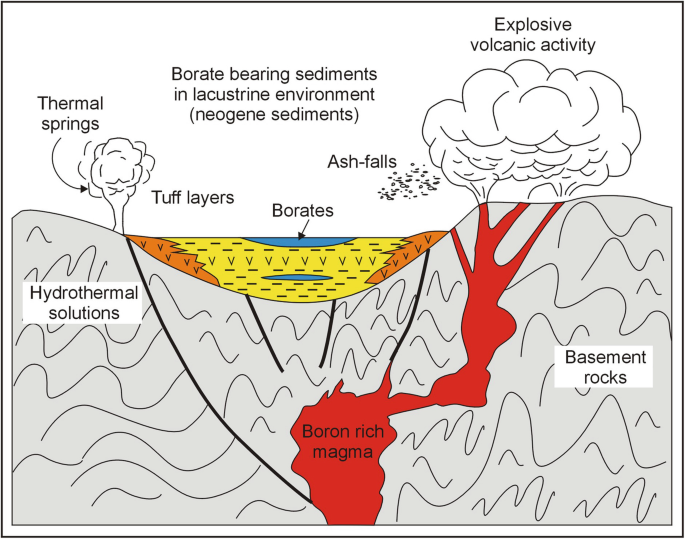
Türkiye’s dominance in borates, critical raw materials supply
Türkiye’s strategic role in the raw materials supply chain is underscored by its control of approximately 73% of the world’s known borate reserves, making it a crucial supplier of this essential material. Borates are vital across various industries, including glass, ceramics, agriculture, and electronics.
The E.U.’s focus on securing critical raw materials, highlighted in its “Critical Raw Materials Resilience” report, emphasizes the significance of borates for achieving the European Green Deal’s goals, which aim for climate neutrality by 2050.
Türkiye is also making significant progress in deep-sea drilling, particularly in the Eastern Mediterranean and Black Sea regions. The Energy and Natural Resources Minister, Alparslan Bayraktar, recently announced that drilling operations have reached depths of up to 6,000 meters, with the potential to explore oil and natural gas reserves further enhancing Türkiye’s strategic role in the region.
Furthermore, the addition of advanced drillships like the Abdulhamid Han to Türkiye’s fleet underscores the country’s commitment to expanding its capabilities in deep-sea resource extraction.
In addition to borates, Türkiye’s potential in other CRMs, such as rare earth elements (REEs), offers further opportunities for influence in the raw materials supply chain. The E.U.’s list of critical materials reflects the growing need for these elements, essential for renewable energy technologies and defense. Türkiye’s geological wealth suggests there could be untapped resources that might enhance its global standing further.
Economically, Türkiye’s raw materials supply, particularly in the borate industry, significantly contributes to the national GDP and export revenues. The state-owned enterprise Eti Maden plays a central role in managing these resources, ensuring that Türkiye remains a key player in the global market.
Borates reserves strengthens Türkiye’s strategic role in global market
Control over a significant portion of the world’s borate reserves provides Türkiye with substantial leverage in the global raw materials supply chain, particularly with the European Union. The E.U., which sources 90% of its borate needs from Türkiye, depends heavily on these supplies for various critical industrial processes.
This dependency enhances Türkiye’s strategic role in its relations with the E.U. The European Union, aware of its vulnerability in relying on external sources for CRMs, as outlined in its official resilience report, faces the challenge of balancing its dependence with the need for secure supply chains. Türkiye, therefore, finds itself in a position to negotiate favorable trade terms or influence E.U. policies through its CRM supplies.
Türkiye’s strategic influence in the raw materials supply chain is not limited to borates. Expanding involvement in other critical materials, particularly those identified as essential by the E.U., could further solidify Türkiye’s importance in global markets. The ongoing diversification of supply chains within the E.U. highlights Türkiye’s potential as a reliable partner beyond borates.
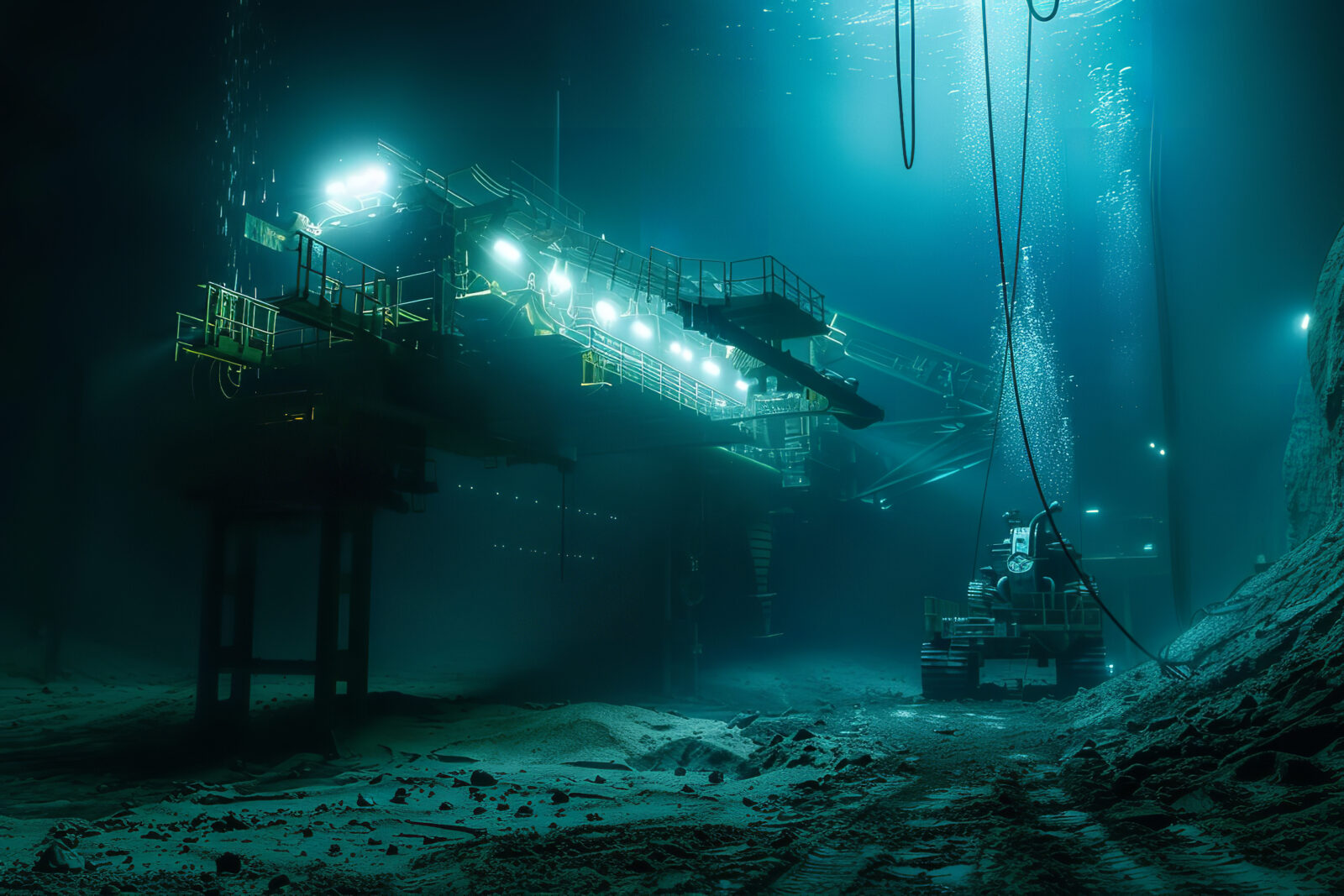
Environmental, sustainability challenges in critical raw material extraction
While Türkiye’s CRM resources are economically and strategically significant, their extraction comes with environmental challenges. The E.U.’s “Critical Raw Materials Resilience” report emphasizes the need for sustainable practices in CRM extraction, a standard Türkiye must meet to maintain its position as a reliable supplier in the raw materials supply chain.
Borate mining, critical to Türkiye’s economy, poses significant environmental risks, including land degradation, water pollution, and habitat disruption. The E.U.’s focus on sustainability places pressure on Türkiye to adopt more environmentally friendly practices.
Addressing these concerns is crucial not only for protecting the natural environment but also for maintaining Türkiye’s strategic role and its international reputation within the raw materials supply chain.
Beyond terrestrial mining, Türkiye has the potential to explore deep-sea mining, as indicated in the EASAC report. This emerging industry offers opportunities to access resources like cobalt, nickel, and rare earth elements from the ocean floor.
However, the environmental risks are substantial, including the destruction of deep-sea ecosystems and long-term impacts on marine biodiversity. Weighing these risks against the economic benefits is essential as Türkiye considers expanding into this sector.
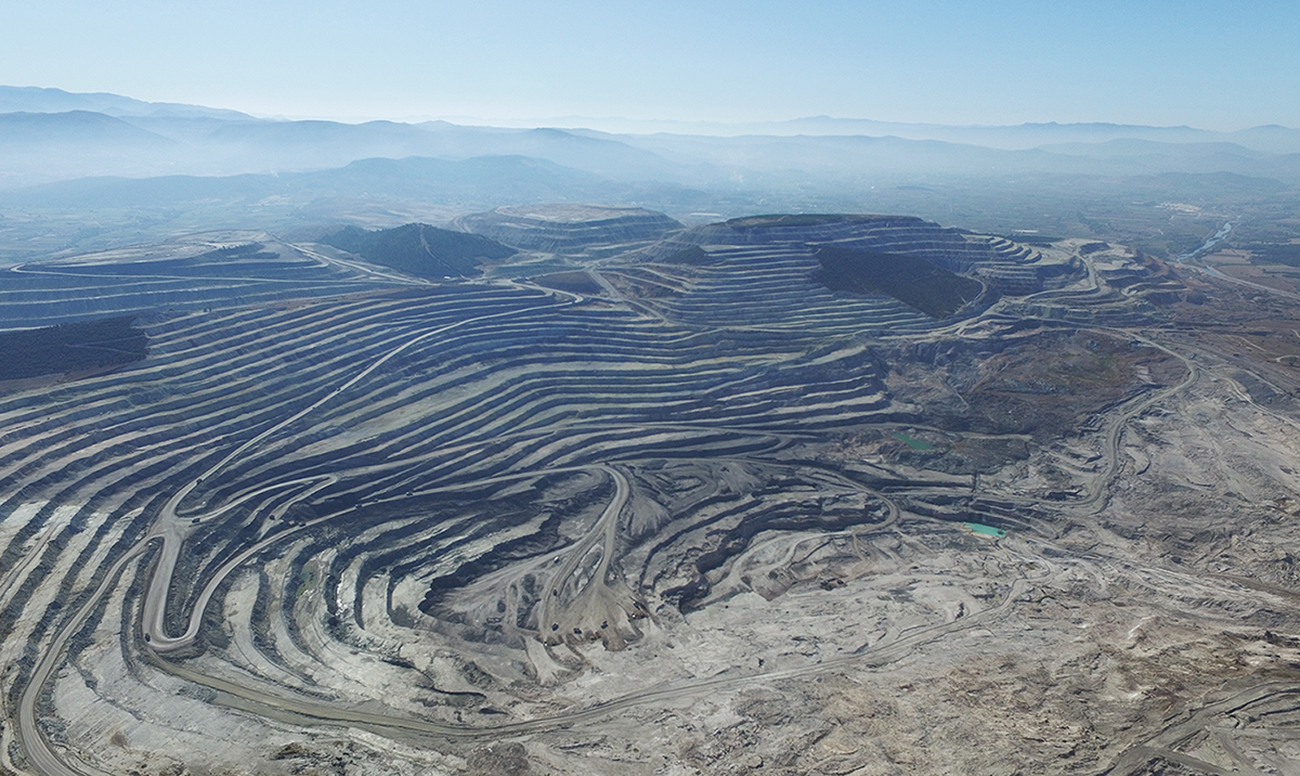
Geopolitical implications of Türkiye’s dominance in raw materials supply chain
Türkiye’s strategic role in the raw materials supply chain carries significant geopolitical implications, particularly in its relationship with the European Union. The E.U.’s dependency on Turkish borates creates a complex dynamic where Türkiye could potentially use its resource control to influence E.U. policy or secure advantageous trade agreements.
The European Union’s efforts to secure reliable CRM sources, as outlined in its resilience report, are complicated by its reliance on non-E.U. countries like Türkiye. This dependency could lead to closer cooperation or increased tension if Türkiye leverages its resources in broader geopolitical negotiations.
Türkiye’s position in the global raw materials supply chain is also influenced by the activities of other major players, particularly China. As the E.U. seeks to reduce its dependence on Chinese CRMs, Türkiye could emerge as an alternative supplier for Western economies. However, this also places Türkiye in a delicate position, balancing relationships with both Eastern and Western powers.
In the defense sector, Türkiye is advancing indigenous production capabilities for strategic materials, such as the Malaman Smart Sea Mine. This development reflects a broader strategy to reduce reliance on foreign sources for critical defense materials, which could significantly impact Türkiye’s military and geopolitical standing.
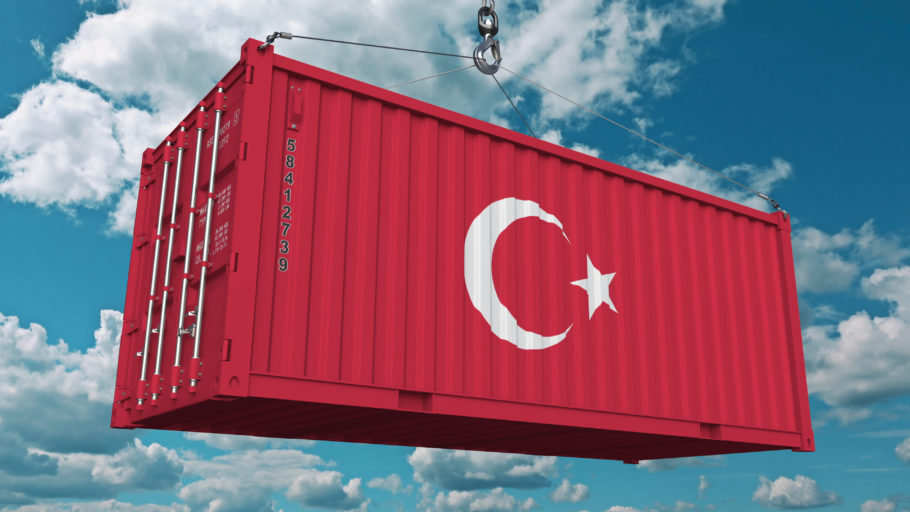
Future prospects of Türkiye’s strategic role, technological innovations
Looking forward, Türkiye’s potential in the raw materials supply chain will depend on its ability to innovate and adopt new technologies for extraction and processing. The E.U.’s emphasis on innovation in its CRM resilience strategy offers a framework for Türkiye to enhance efficiency and sustainability in production.
Technological advancements, particularly in automation and green technologies, could help Türkiye mitigate the environmental impact of its CRM industries while increasing output. Investing in research and development, possibly through collaborations with European partners, could position Türkiye as a leader in sustainable CRM extraction within the global raw materials supply chain.
Global market trends, such as the rising demand for electric vehicles and renewable energy technologies, are likely to increase the importance of CRMs like borates and rare earth elements.
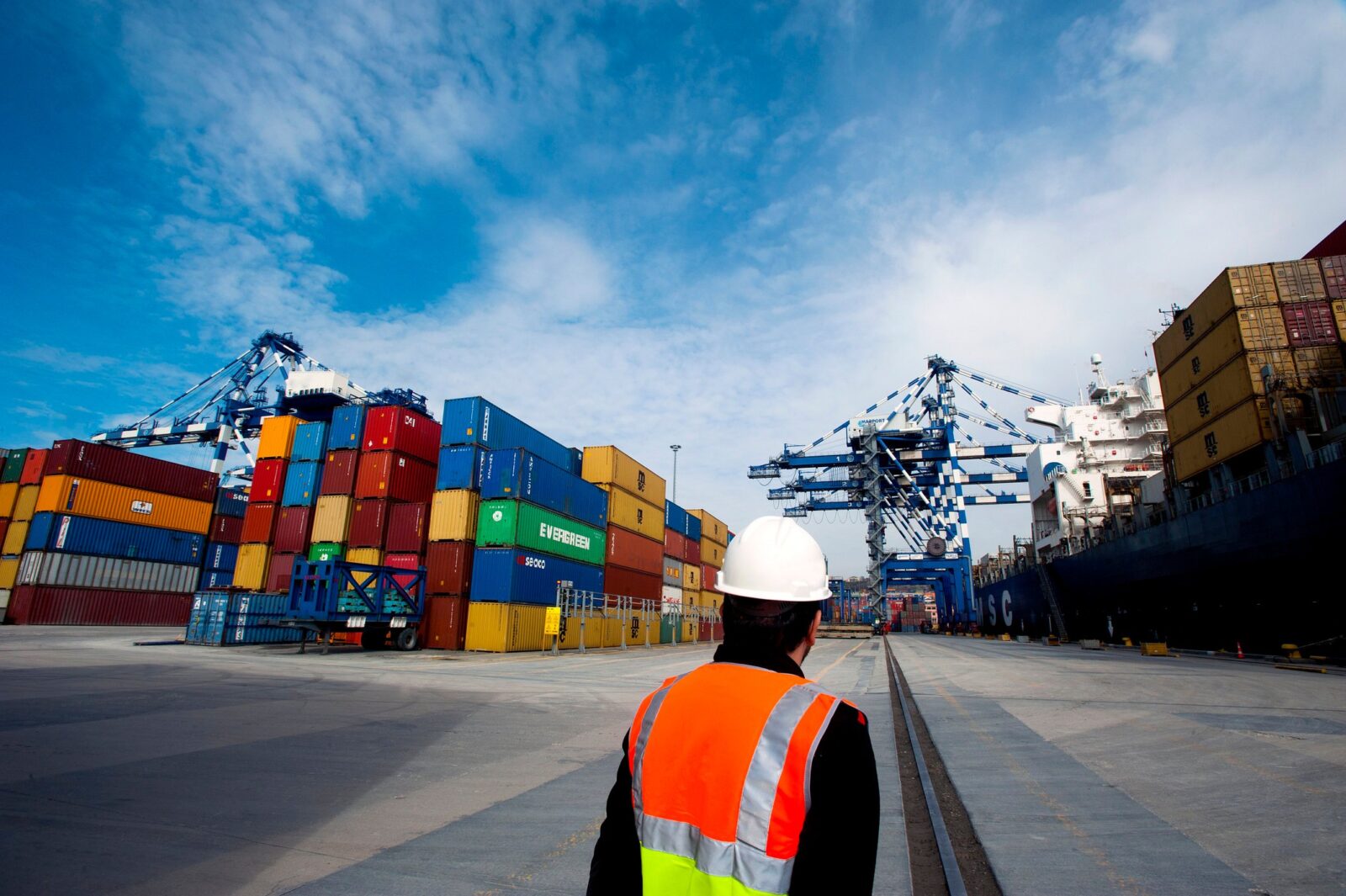
Global raw materials supply chain, Türkiye’s strategic role in it
Investing in research and development, possibly through collaborations with European partners, could position Türkiye as a leader in sustainable CRM extraction within the global raw materials supply chain.
The rising demand for electric vehicles and renewable energy technologies emphasizes the importance of CRMs like borates and rare earth elements. Meeting this demand will require Türkiye to scale production while adhering to environmental standards.
Additionally, Türkiye can explore deep-sea mining as a potential avenue for expanding its position in the raw materials supply chain. However, as noted in the EASAC report, significant environmental and regulatory challenges exist.
Careful consideration of long-term impacts and adherence to international regulatory frameworks will be crucial for Türkiye if it chooses to pursue this option.
